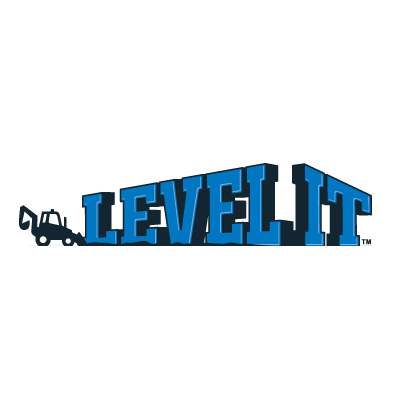The accumulation of water in the excavation area is an important consideration, as it can create safety hazards since it undermines the sides and makes it more difficult to get out of the excavation. Evacuation contractors will usually use water removal equipment to control this.
When laying pipes, cable, conduit, or simply digging long stretches of ditch, trenchers are the preferred equipment. Ranging from walk behind designs to heavy-duty, track mounted behemoths, there is a size for every job.
Electric companies and municipal water and sewer companies do not necessarily mark lines on private property because they do not own them. If you are not sure if all your lines are marked, a private service may be needed to take care of this before we begin digging.
Do you ever worry that you will receive a fine for having a construction site that does not meet the necessary regulations? Rest assured that we stay current on changes to ensure our work is up to code.
If you’ve recently purchased a property overgrown with brush and weeds, you could easily spend all your free time trying to clear it without making a dent. Let’s talk about whether excavation services can help you clear the land more efficiently.
The stability of the soil at an excavation site is important, and we determine this before we dig. If it is not stable at any point, we take proper precautions to ensure that everyone involved, and all the equipment, are protected against a cave-in.
If you are tired of having to navigate two lane ruts to get to your vacation home or hideaway, grading and gravelling over a drive can make all the difference. Not only will it provide a more accessible path, it will also eliminate the chances of getting stuck.
Need to fix a broken drainage tile in your yard, or put in a new driveway- maybe even put in a new swimming pool? An excavation company has the equipment and skills to do those jobs quickly and safely.
When doing excavation work, it’s important to pay close attention to all relevant regulations and codes. We will evaluate your site first and review your plans to make sure you are in complete compliance before any work begins.
The inventive spirit sometimes runs in a family. In 1837, William Otis invented the steam-powered shovel that transformed excavation work. By 1853, his cousin Elisha had developed the first functional elevator safety brake and launched the Otis Elevator Company.
We are extremely safety-conscious and follow all regulations to ensure there are no safety accidents or violations of state or federal regulations that could interfere with your project.
Did you know that borrow excavation is prohibited until the excavation process is close to completion? Current regulations require our professionals to exhaust all possibilities of obtaining fill material from the original site before we explore another source.
Different excavation tasks are going to require different types of excavating equipment. For instance, while the foundation hole is often dug using the digging scoop and loader shovel of the backhoe, grading is usually done with a front end loader.
No matter what type of structure you’re digging, the stability of the foundation can make all the difference. We’re prepared to help you prep your site for the foundation of everything from a small shed to a large complex.
We understand that a lot of different tasks go into preparing a site for construction. Whether you need classic excavation work or a little help clearing the rocks, we may be able to help.
Moving debris off a site before we begin digging serves a greater purpose than tidying it up – it is also necessary for safety. If there is material near the excavation site, it could cause the sides to cave in, endangering those working in or around the area.
Often, the first step in a project is to clear a site, whether it is in an urban or rural area. We have the expertise to handle any site-clearing job you may have.
Channel excavation involves the relocation of a creek or stream. Here, an inlet or outlet ditch is dug to reroute the water from the construction or foundation site.
One common piece of heavy equipment often used by excavation contractors is the compactor, used to compact the dirt to increase the density of the soil. These machines can be driven or towed and compact the dirt through vibration or some kind of weight, such as a steel drum.
Soil nailing refers to a technique in which soil slopes, excavations, or retaining walls are reinforced by inserting steel reinforcing bars into pre-drilled holes around the site.
Traditionally, a “cellar” is a type of basement that was primarily use for the storage of wine and sometimes food for use throughout the year. Cellars were built to retain a constantly cool temperature all year round, making them ideal storage spaces.
One of the most recognizable pieces of excavation equipment is the bulldozer. This is basically a tractor that has a track for wheels. The attached blade is used to clear debris for site preparation and also to grade landscapes and construction areas.


